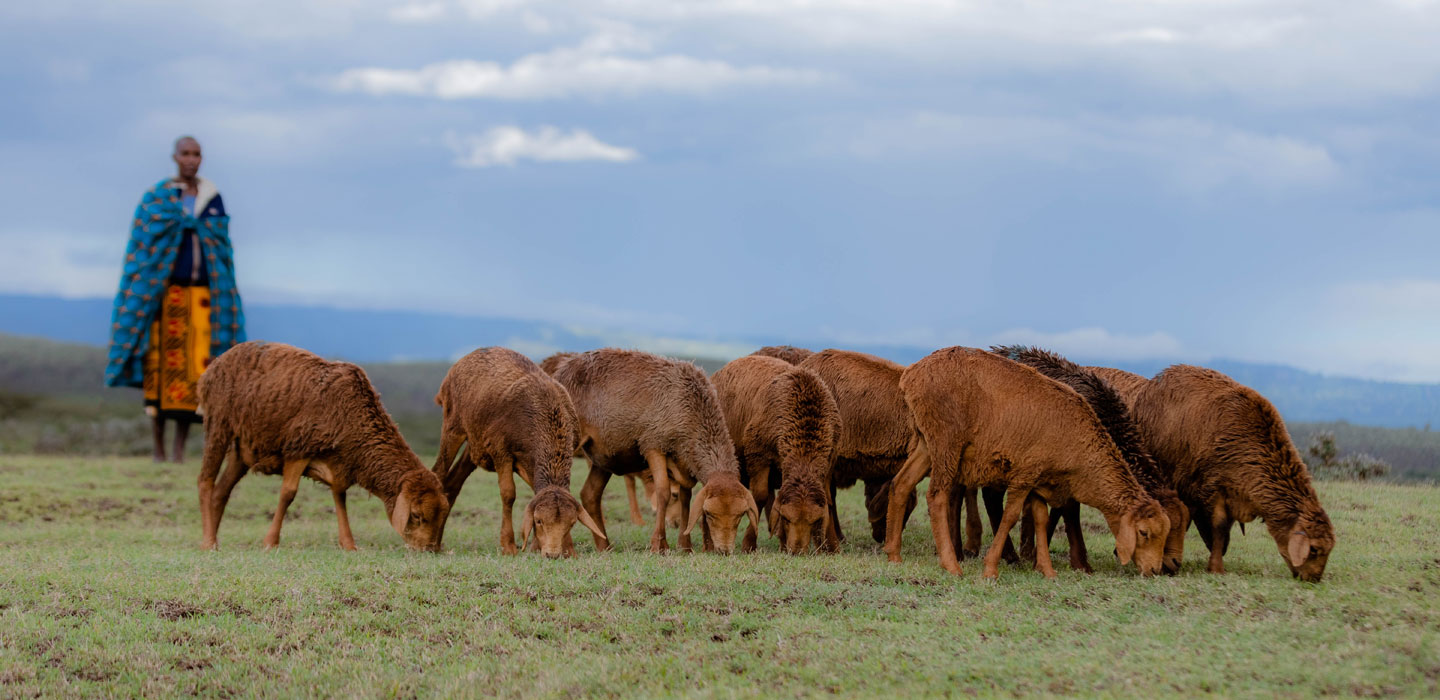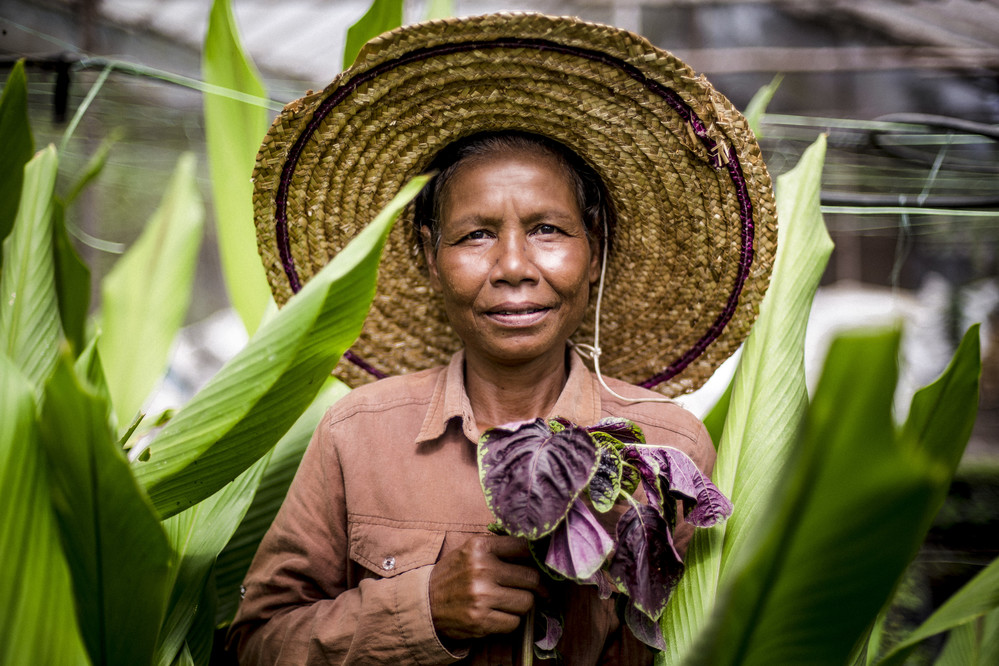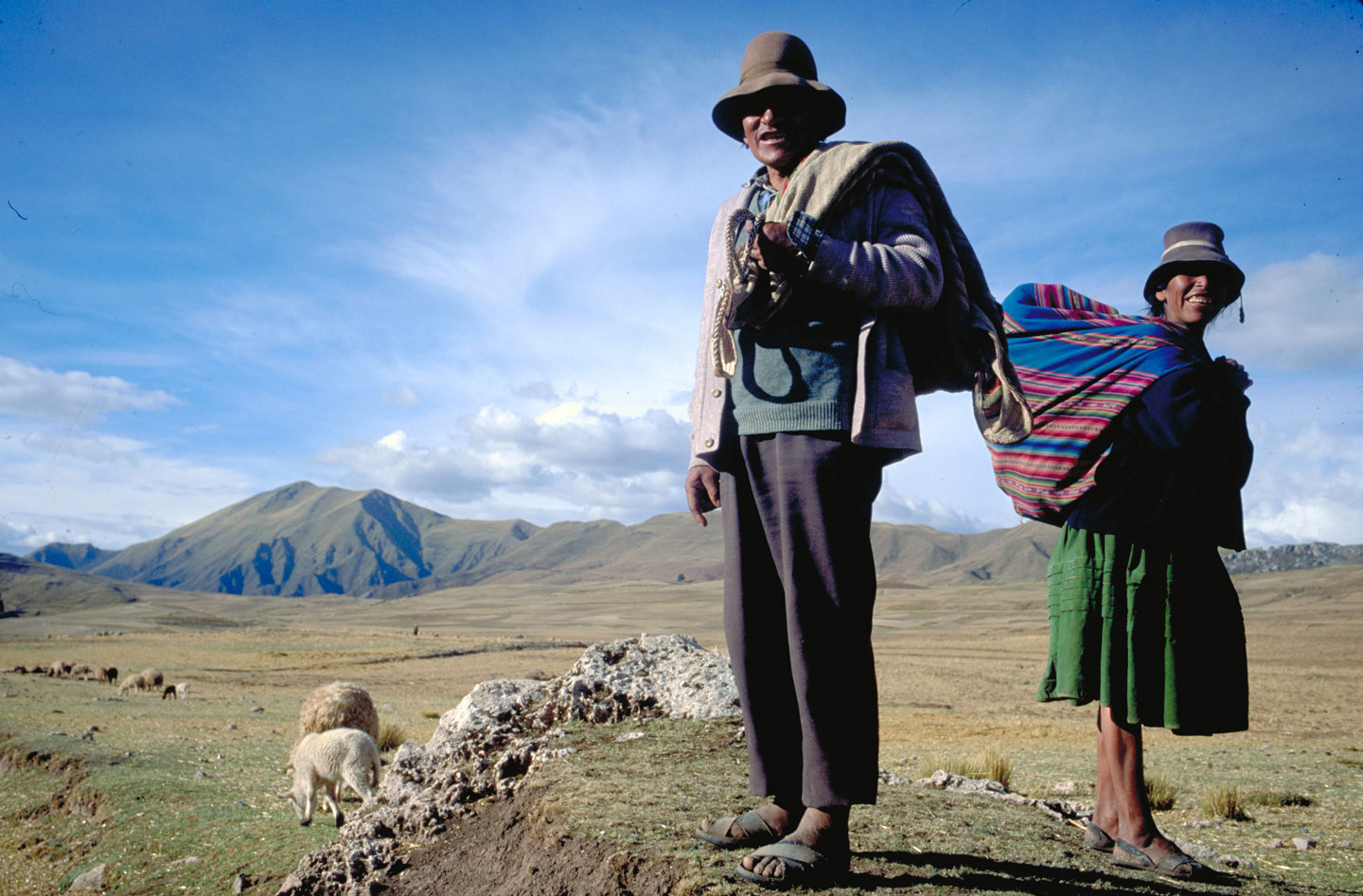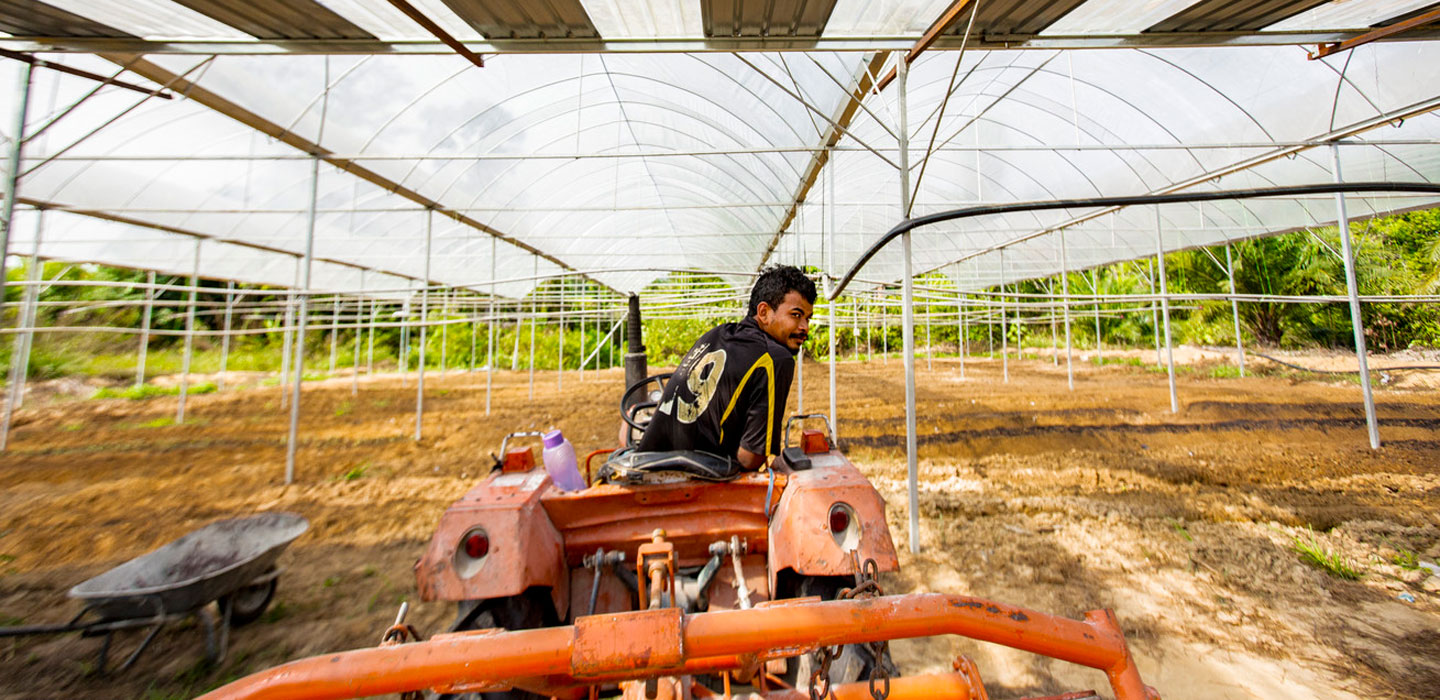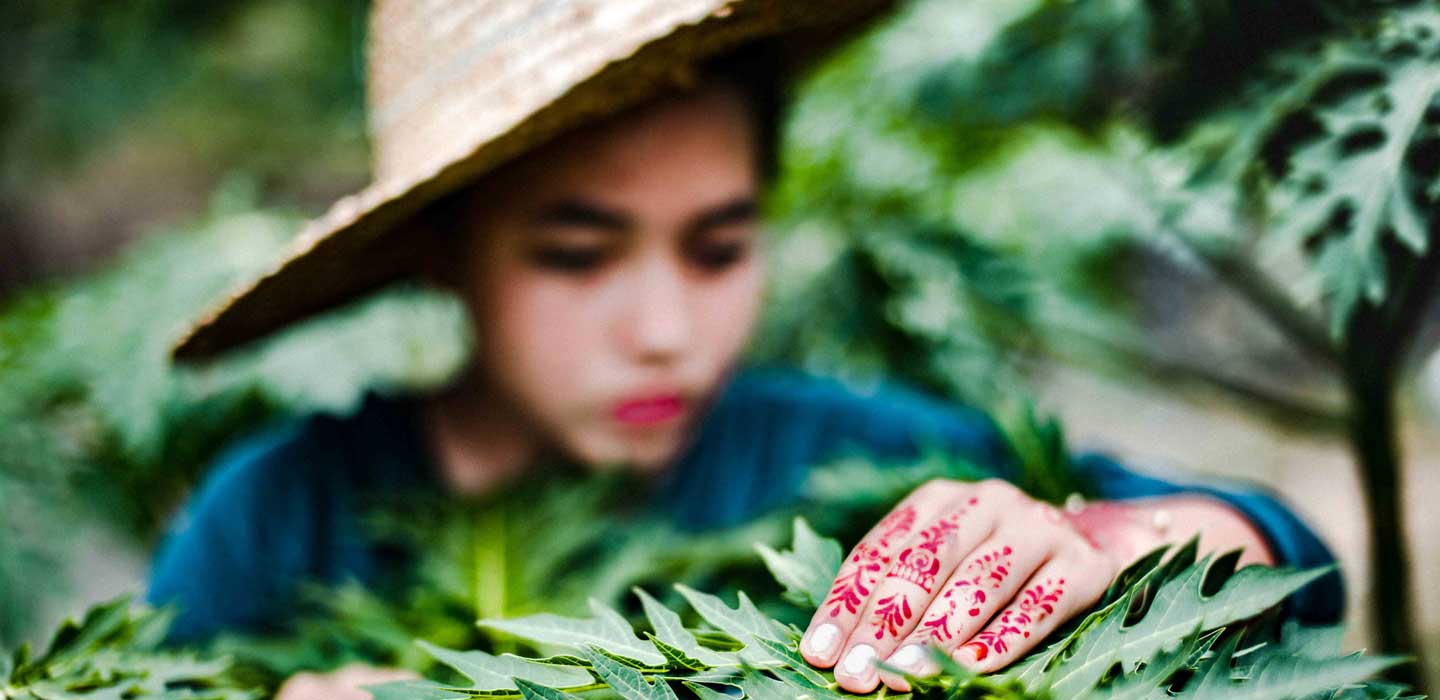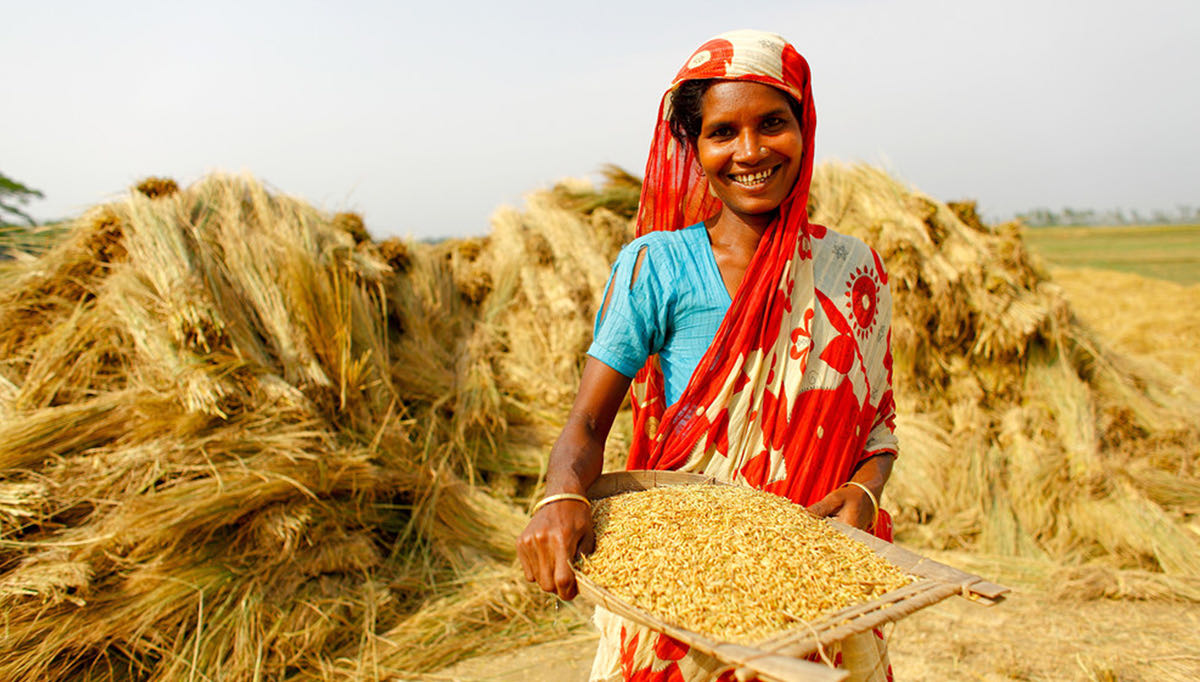Latest
Latest

Latest
Manual Submenu Topics
SearchResultsFilters
Search Results
The Maasai of Kenya and the Red Maasai sheep slow food presidium
The rights of indigenous peoples to control their land according to their own needs and decisions is fundamental to protect their livelihoods and defend the biodiversity of native animal breeds and plant varieties.
UN to involve millions of rural people in 2021 Food Systems Summit as part of ambitious public engagement process
An unprecedented commitment to ensure that the voices and opinions of millions of the world’s most remote rural people are at the heart of the United Nations Food Systems Summit was announced today by the UN Secretary-General’s Special Envoy, Agnes Kalibata and the President of IFAD, Gilbert F. Houngbo.
Indigenous Peoples are critical to build a more sustainable post-pandemic world, says IFAD President
Indigenous Peoples have suffered disproportionately from the economic impacts of COVID-19, yet they hold essential knowledge for rebuilding a more sustainable and resilient post-pandemic world, free of poverty and hunger, said Gilbert F. Houngbo, President of IFAD, at the opening of the Fifth global meeting of the Indigenous Peoples’ Forum today.
Indigenous food systems are at the heart of resilience
Indigenous food systems represent a treasure trove of knowledge that contributes to well-being and health, benefiting communities, preserving a rich biodiversity, and providing nutritious food.
Invitation to Indigenous Peoples’ Forum at IFAD: How indigenous food systems can help build resilience to impacts of the COVID-19 pandemic
This year, representatives from Indigenous Peoples’ groups from around 57 countries will meet with development organisations and governments to discuss ways to address challenges and opportunities.
New Vision, New Year – Episode 16
In this month’s episode, we’re focusing on youth and indigenous peoples as agents of change in the developing world.
